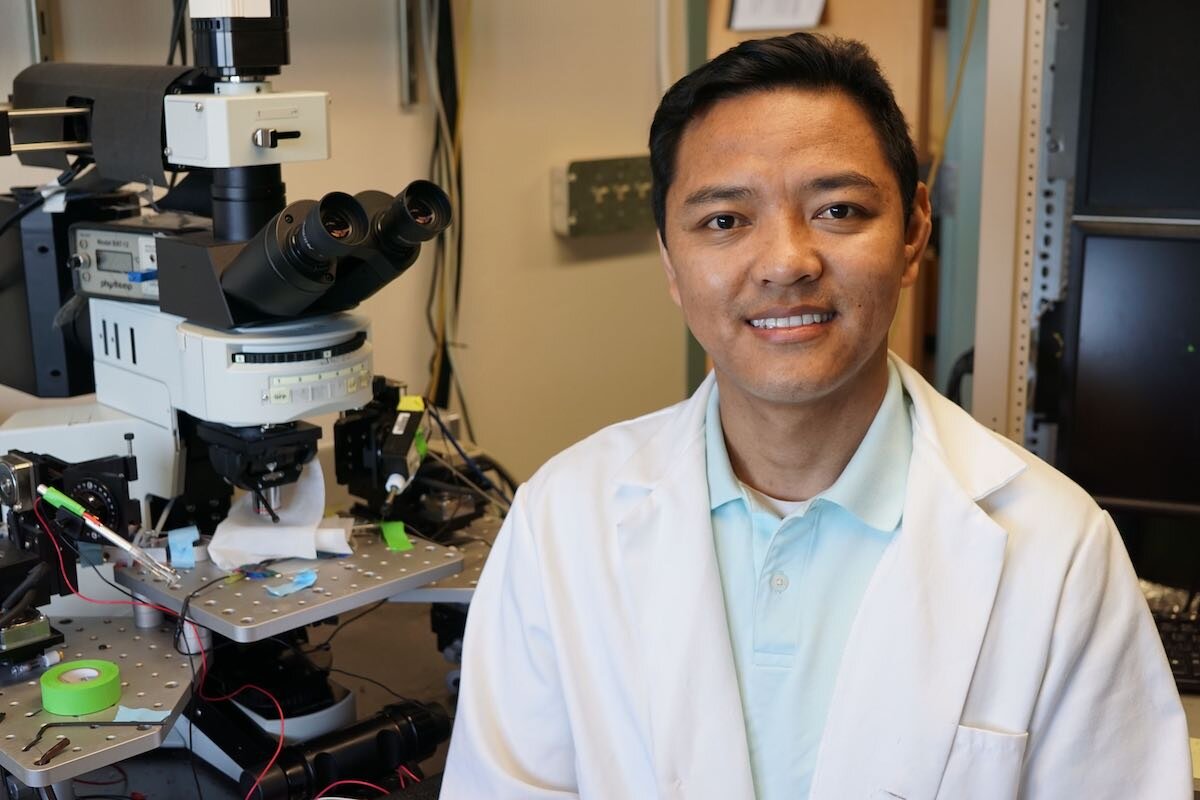I made a small mistake earlier when I said Henry Abraham studied visual snow. In reality, he studied HPPD (Hallucinogen Persisting Perception Disorder). However, these conditions are fundamentally similar. In some of his interviews, he even refers to HPPD as visual snow, so I do not think it is a big deal. I have HPPD and have read enough to realize they are mostly the same thing. The key difference is that HPPD involves hallucinations and the warping of objects, but the rest of the pathologies seen in visual snow syndrome also apply to it, especially if it is Type 2.I'm not going to dispute anything you've said, except for your last sentence.
I'm not convinced that the effects of excitotoxicity are always irreversible.
It might be true for the inner ear, spinal cord, and other organs, but I believe our most precious organ, the brain, has the ability to heal and regenerate from such damage. This resilience is essential for survival.
Take benzodiazepine withdrawal, for instance. I think you'll agree that it's one of the ultimate ways to expose the brain to excitotoxicity. During withdrawal, the brain is flooded with glutamate, and many people become convinced they've sustained brain damage. Even doctors often misdiagnose these individuals with conditions like Parkinson's, MS, ALS, Alzheimer's disease, or other neurodegenerative disorders. And, of course, let's not forget tinnitus.
But guess what? Most people heal completely. Was it merely neuronal excitability and not toxicity? Or did the brain recover from the toxicity?
Additionally, the fact that many symptoms stemming from excitotoxicity can be alleviated with medications that reduce glutamate activity or antagonize NMDA and AMPA receptors supports my belief.
It's not a black-and-white matter. Perhaps describing excitotoxicity as a dysfunction isn't entirely inaccurate.
Now, back to what you said:
You do not heal from this in the way you heal from a physical cut. Instead, your central nervous system essentially rearranges itself and forms new connections. It is almost like growing a new brain, so to speak.
Even if you regain functionality, your brain will be structurally different than it was before the injury, and you will not return to the exact same state as before. In terms of recovery, you might heal 85 to 90 percent, but the remaining 10 percent of damage typically does not affect your daily life and you do not even notice it. This process is called neuroplasticity.
A similar process happens with people who sustain traumatic brain injuries and lose functionality, like the ability to walk. With enough practice, they may "heal" and regain their ability to walk, but their brain remains structurally changed forever.
Experts say brain rewiring takes about two years and slows down significantly after that. However, based on what I have read, it does not stop entirely. It just continues at a slower pace throughout your life. This is somewhat similar to the recovery timeframe for tinnitus, where the first two years are critical for improvement.
One other thing:
I think too much trust is placed in certain drugs. Tolerance is essentially a form of brain damage. Receptors are destroyed, and even if they grow back, they may not regrow in the same positions or at the same density.
Any drug that crosses the blood-brain barrier has the potential to become neurotoxic over time. I have read thousands of accounts from people who were initially helped by these drugs, only to be harmed by them later. I am one of them. I developed tolerance to mirtazapine very quickly, and it turned on me fast.
For example, let us say a drug like XEN1101 works but needs to be taken for life. After a few years, we might see many people experiencing serious, life-threatening side effects from long-term use.
From what I recall, if someone experiences an excitotoxic event, there is a limited timeframe to act and mitigate the damage. The drugs you mentioned might be helpful during that window. But once the cell destruction has occurred, I assume those drugs would need to be taken for life. This suggests that the brain can no longer function properly without them, as the damage is already done.
Anyways...


 Member
Member